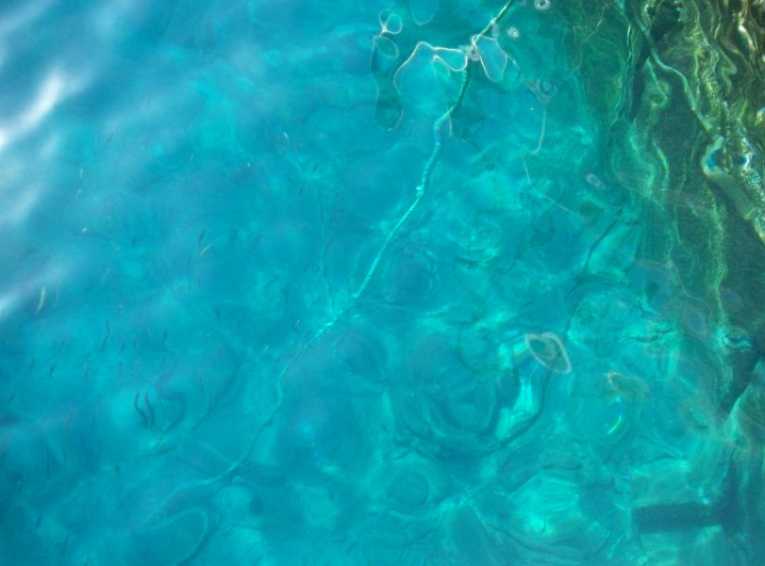The research work has been completed by Mediterranean EnDangered (MED), an international programme bringing together scientists, teachers, sailors, artists and associations for the protection of the Mediterranean Sea.
MED has found that at least 250 billion particles of micro-plastic may well be floating around the Mediterranean Sea being ingested by marine creatures and organisms, both large and small. Micro-plastics refer to particles of plastic that are generally invisible to humans and are smaller than 5 millimetres in size and so are often missed in any coast clean-up efforts.
The studies were completed off the coast of northern Italy and France, where samples were taken and levels of micro-plastics analysed. With over 90 percent of the samples found to include micro-plastics, the MED interim report concludes that the marine biomass of the northern Mediterranean Sea is quite likely to be dominated by tiny plastic particles. However, until the research is completed in 2013 these conclusions cannot confidently be extrapolated to the whole of the Mediterranean Sea with complete certainty. In addition, the MED research only looked at the top surface of the water and so further work is needed into micro-plastic levels in deep ocean sediments to better understand what is happening and what the magnitude of the problem is.
These findings would place the Mediterranean Sea plastic concentration on a par with the 'Great Pacific Garbage Patch', a massive island of plastic rubbish that has literally bonded together and is now floating around the Pacific Ocean.The consequences of the MED research findings for marine life are very serious. Plastic is a significant contributor to pollution of the marine environment and according to Pierre Fidenci, president of Endangered Species International (ESI), "the amount of plastic that will be manufactured in the next ten years will nearly equal the total produced in the 20th century".
ESI says that more than 180 species have been documented to absorb plastic debris, including species of plankton which is of particular concern. Fidenci explains that a laboratory study has shown that krill species ingested significant amounts of polyethylene fragments, the type of plankton that feeds whole ecosystems.
MED says "it is widely known that large predators - especially cetaceans, turtles, sea birds and seals - ingest human-caused debris". In addition, affected animals suffocate or starve to death due to their breathing or digesting system being blocked. The task now is to try and understand just what the consequences of plankton species absorbing plastic micro-fragments are.










